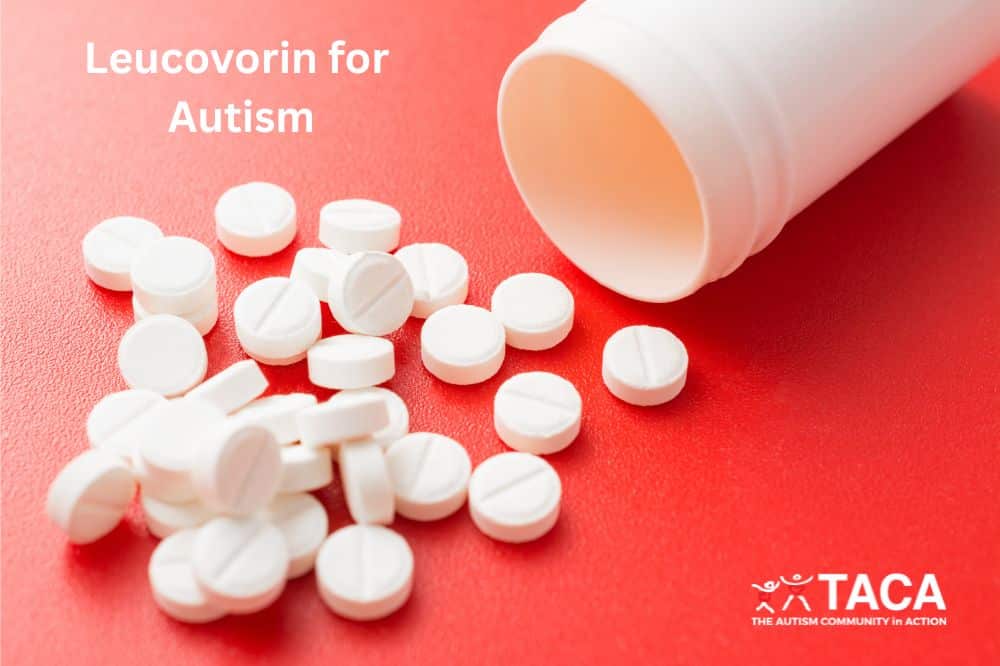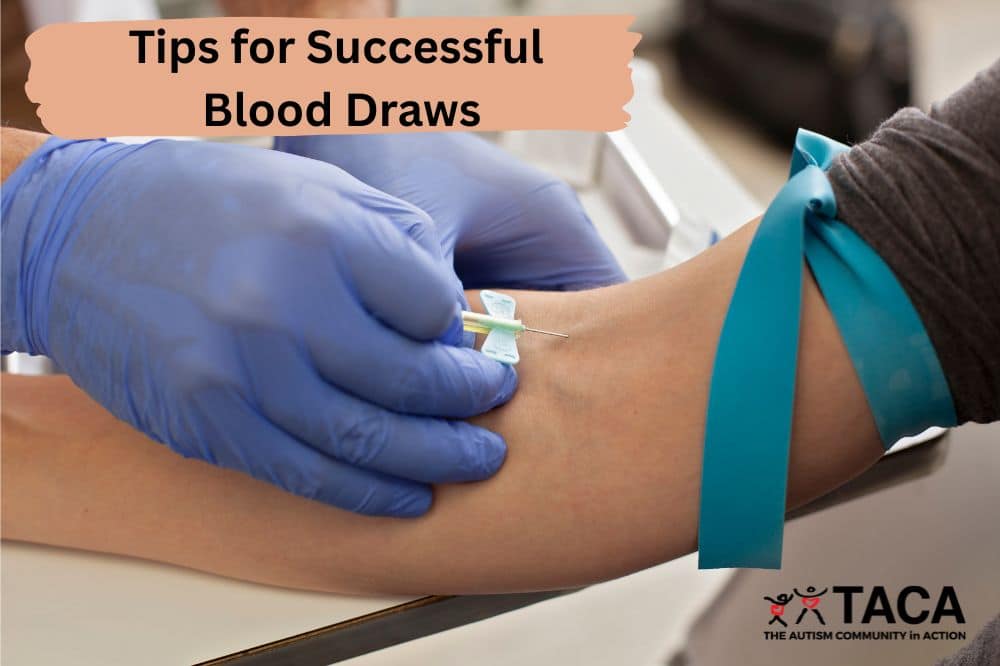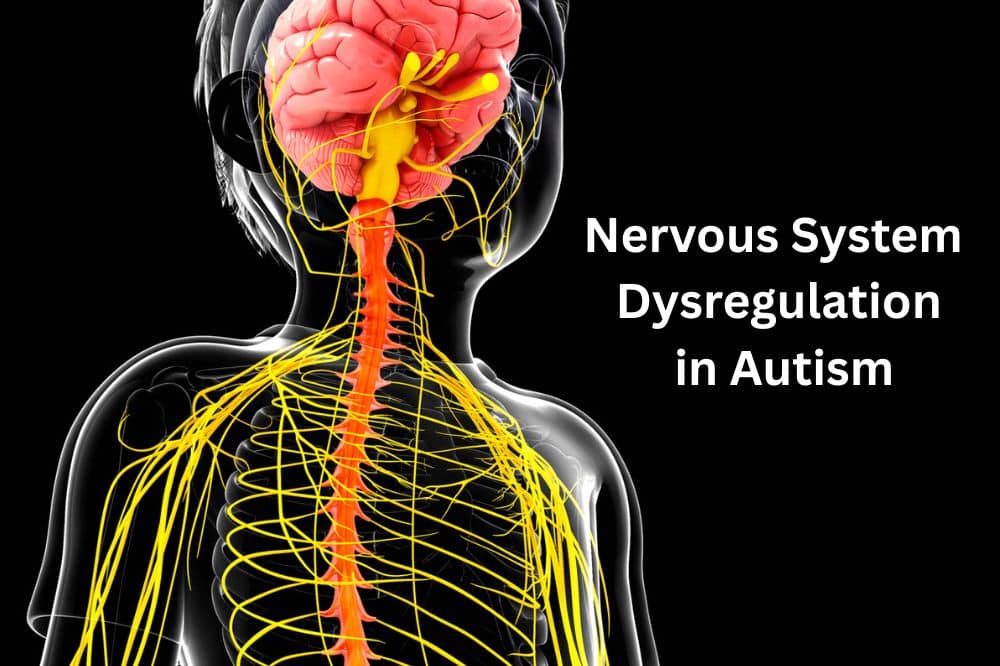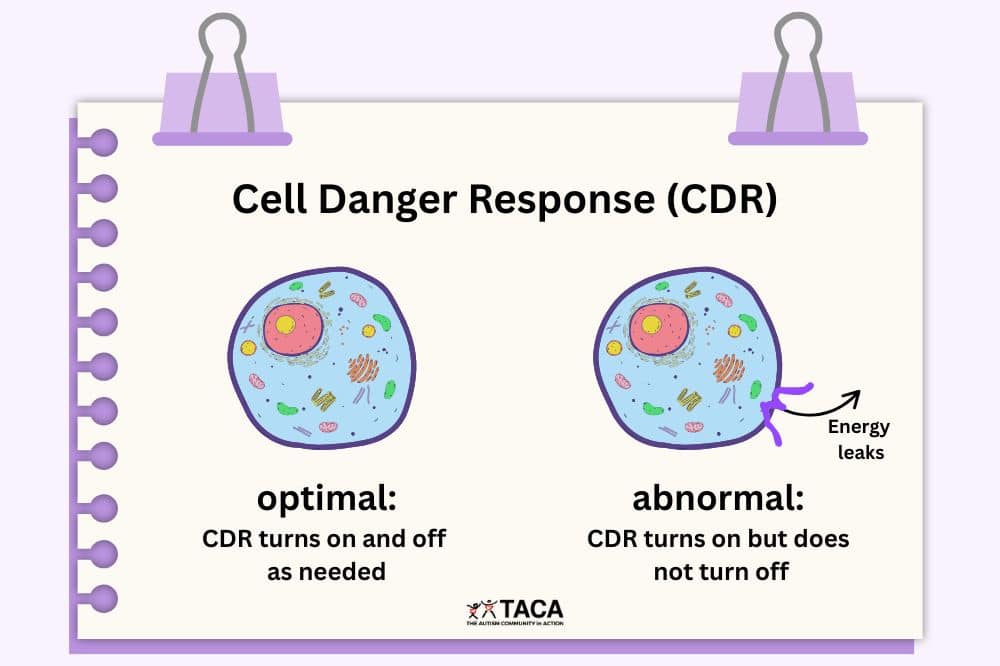Balancing the Gut: Why do You Want to be More Alkaline?
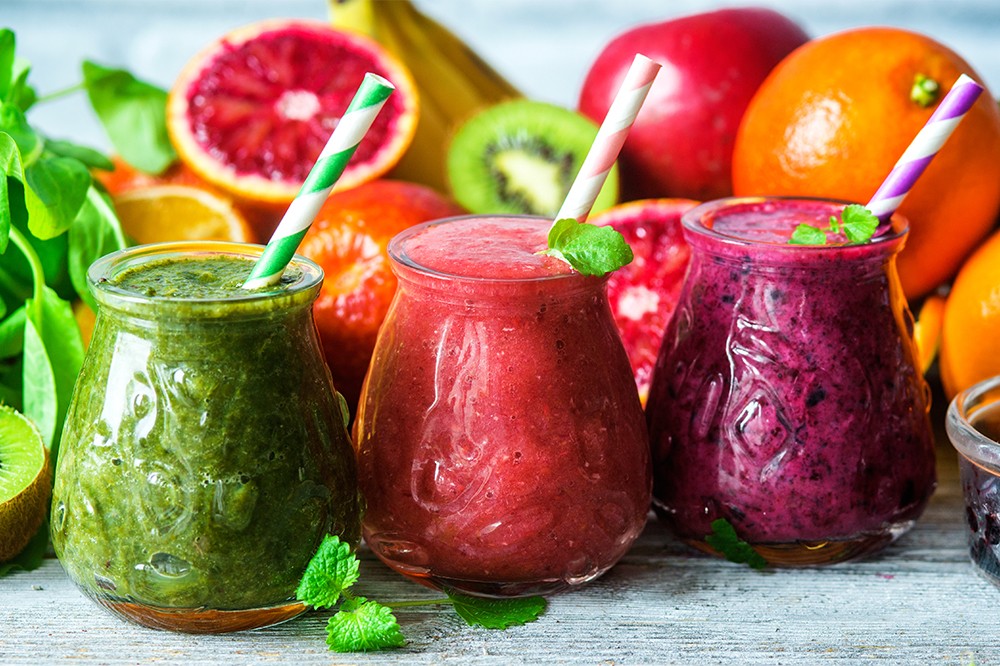
All contents of this resource were created for informational purposes only and are not intended to be a substitute for professional advice, diagnosis, or treatment. Always seek the advice of your physician, therapist, or other qualified health providers with any questions or concerns you may have.

Darin Ingels, ND
The first step towards great health begins with helping the body become more alkaline. One way to achieve this is to add more alkaline foods to your diet. In this article, we will cover the basics of an alkaline diet, including: alkalinity vs. acidity, the health benefits of implementing an alkaline diet, and alkaline foods to include in your child’s diet.
Alkalinity vs Acidity
Before we begin, let’s review some basics about pH, acidity, and alkalinity. Acidity is measured on pH scale, which can range from zero to 14. If the pH is lower than 7, it is acidic and if it is higher than 7, it is alkaline. A pH of seven is neutral.
pH in the Body
In the body, the acid-alkaline balance is important. This is because many functions in the body occur only at a certain level of acidity or alkalinity. For example, the skin, stomach, bladder, and vaginal area are highly acidic to protect us from outside invaders. Whereas most of our other organs and cells function best in an alkaline pH.
Because many enzymes and chemical reactions in the body work best at a particular pH, a small change in the pH can have a profound effect on body function. The pH level at which your body works best is around 7.4.
Benefits of Implementing an Alkaline Diet
Western diets typically leave our bodies very acidic because they are overloaded in poor fats, over consumption of protein, not enough fiber, and too much sugar. When the body becomes too acidic, it leads to inflammation and an increased risk for other diseases and disorders. Whereas an alkalizing diet helps to balance your pH level, ultimately reducing acidity.
When you have a more alkaline environment your body is able to function at optimal levels. For instance, alkalinity can aid in the reduction of inflammation, including the brain, gut, skin, and muscles, which are often impacted in children with autism.
In addition to alleviating inflammation, an alkalizing diet also inhibits the growth of yeast and bad bacteria which is common in children with autism. This also allows for better detoxification in general.
I have found many of my patients flourish when following the proper alkalizing diet and detoxification protocol. This reflects a lifestyle change that can make life significantly better, especially when dealing with autism. It is also important to identify specific food allergies or sensitivities that may also trigger symptoms.
Foods to Include in an Alkaline Diet
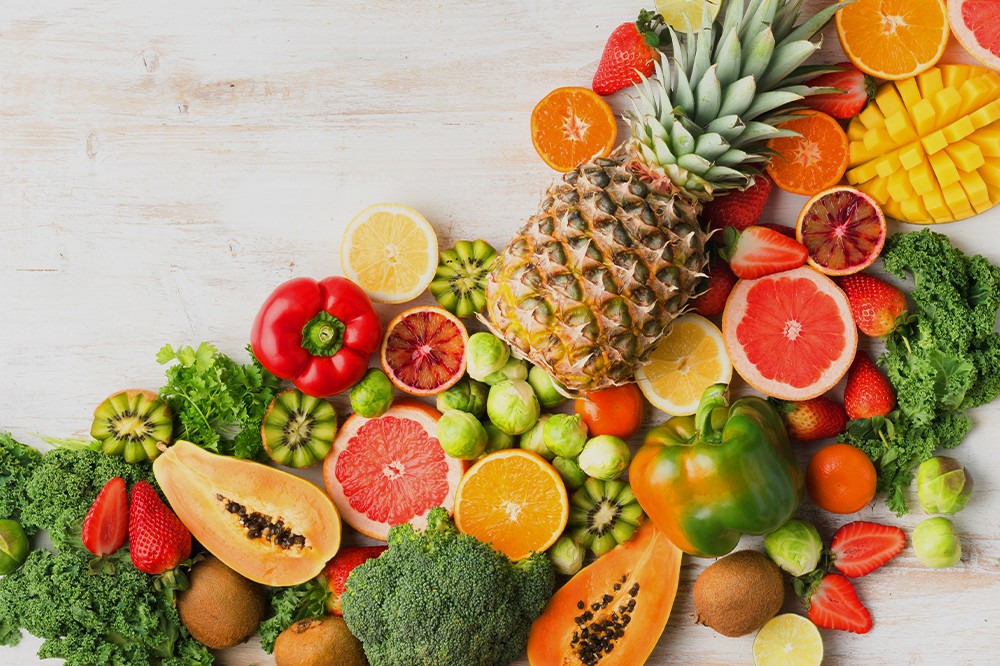
The pH of the food itself does not dictate how it reacts in our body. For example, one might think that fresh lemons and limes and raw organic apple cider vinegar are acidic, but they actually become alkaline when consumed.
Prime examples of acid forming foods are animal proteins, sugar, coffee, juice, and processed foods. While alkaline foods include leafy greens, root vegetables (especially radishes), broccoli, cauliflower, garlic, lemons, cabbage, and even some peppers, such as cayenne!
Alkaline foods to include in your child’s diet:
- Leafy green vegetables
- Most fresh fruit
- Fermented foods such as kimchi and sauerkraut
- Plant based protein sources
- Cauliflower, broccoli,and brussels sprouts
- Raw nuts and seeds
- Herbs
- Lemons
- Beans
- Peas
- Spinach
- Tomatoes
- Radishes
- Beets
- Cucumbers
- Garlic
- Avocados
- Olive oil
- Alkaline water
- Carrots
- Celery
- Green tea
Conclusion
While there is no single diet plan that helps everyone with autism, following a healthy, alkalizing diet helps the majority of patients I treat. Furthermore, it’s not a difficult diet to follow and may be the next step for helping improve your child’s health and well-being.

